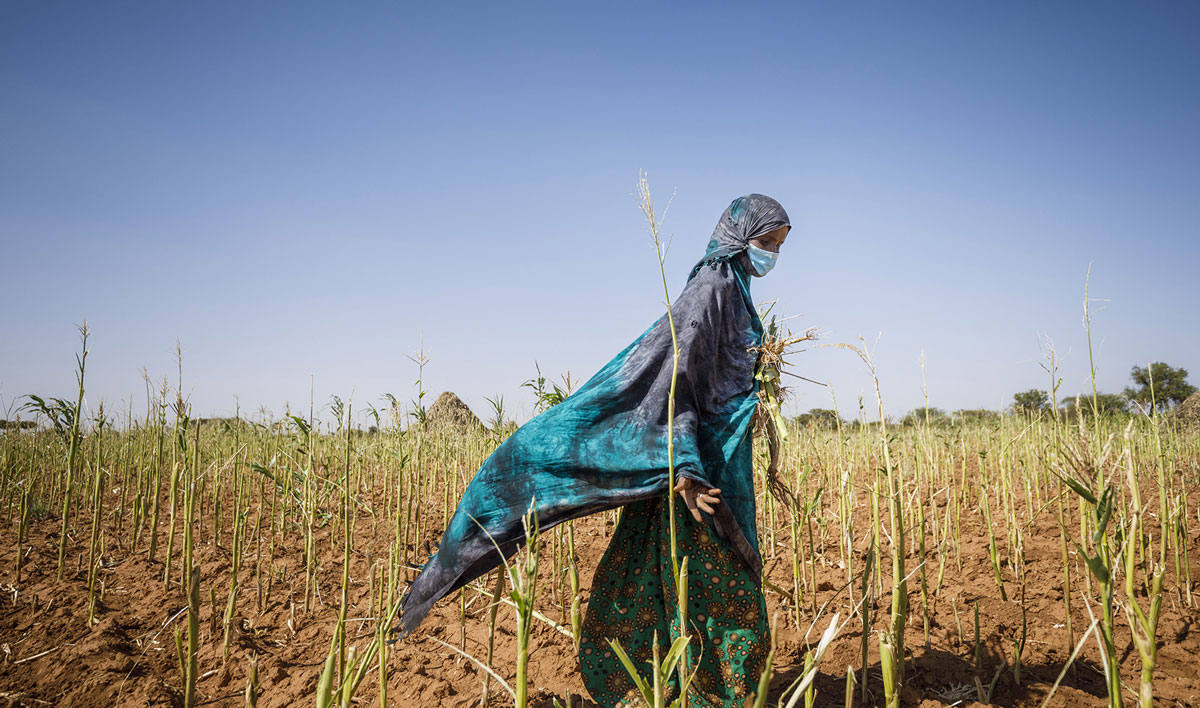Nutrition for the most vulnerable
In the Near East and North Africa (NENA) region, ensuring equitable access to nutritious food is fundamental to improving health outcomes, reducing poverty, and strengthening the resilience of agrifood systems. FAO´s efforts under the ‘Food security and healthy diets for all’, regional priority 2 (RP2) aim to create a policy environment where nutrition is prioritized, leading to improved food security, healthier populations, and stronger, more resilient agrifood systems across the region, with focus on the most vulnerable groups, including women and children.
Why does nutrition matter?
Proper nutrition is essential not only for individual well-being but also for economic development and the resilience of food systems. In the NENA region, malnutrition - including undernutrition, micronutrient deficiencies, and obesity - remains a significant concern, impacting millions and hindering overall development.
The most recent Near East and North Africa – Regional Overview of Food Security and Nutrition 2024 indicates that NENA is facing an alarming rise in hunger, with 14 percent of the population (equivalent to 66.1 million people) struggling to meet their basic food needs in 2023.
Food insecurity continues to deepen, affecting 39.4 percent of the population at moderate or severe levels, a troubling increase from previous years.
The situation is even more dire in conflict-affected countries, which bear the heaviest burden, hosting the largest share of those experiencing severe food insecurity.
In this context, urgent action is needed to reverse these trends and strengthen resilience across the region.
FAO´s work
Recognizing the vital role of nutrition in sustainable development, FAO is committed to fostering nutrition-sensitive agrifood systems that promote healthier diets and improve food security by ensuring nutrition is integrated into agrifood policies, programmes, and actions at national and regional levels.
Key interventions under RP2 include:
- Mainstreaming nutrition in government policies and actions to enhance food system transformation and public health outcomes;
- Raising awareness and building capacity among stakeholders to encourage healthy food choices, especially among vulnerable groups.
- Supporting the adoption of dietary guidelines that reflect the specific needs and food environments of Near East and North Africa countries.
Through these efforts, FAO contribute to a region where no one is left behind and where everyone has access to safe, nutrition and affordable food.



0d9019daaf174837b877242ccb0010c0.png?sfvrsn=8687512d_0)